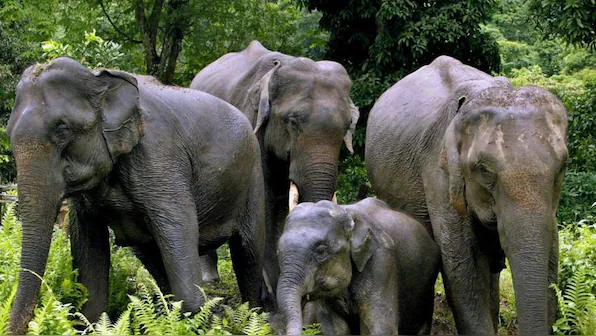Namibia has announced plans to cull 723 wild animals, including 83 elephants, as part of a strategy to alleviate food shortages caused by a severe drought affecting southern Africa. The Environment Ministry stated on Monday that the meat from these animals would be distributed to people struggling with food insecurity.
The culling will occur in parks and communal areas where animal populations have surpassed the available grazing land and water resources. Southern Africa is experiencing its worst drought in decades, with Namibia having depleted 84% of its food reserves last month, according to the United Nations. Nearly half of Namibia’s population is expected to face high levels of food insecurity in the coming months.
The Environment Ministry highlighted that human-wildlife conflicts are likely to escalate if no action is taken. “To this effect, 83 elephants from identified conflict areas will be culled, and the meat will be allocated to the drought relief programme,” the ministry said in its statement.
In addition to elephants, the cull will include 30 hippos, 60 buffalo, 50 impala, 100 blue wildebeest, 300 zebra, and 100 eland. So far, 157 animals have already been hunted by professional hunters and government-contracted companies, yielding over 56,800 kilograms of meat.
The ministry emphasized that this culling exercise is necessary and aligns with Namibia’s constitutional mandate to use natural resources for the benefit of its citizens.
The region is home to one of the largest elephant populations in the world, with more than 200,000 elephants spread across conservation areas in five southern African countries, including Zimbabwe, Zambia, Botswana, Angola, and Namibia. Last year, hundreds of elephants in Botswana and Zimbabwe succumbed to drought-related conditions.









